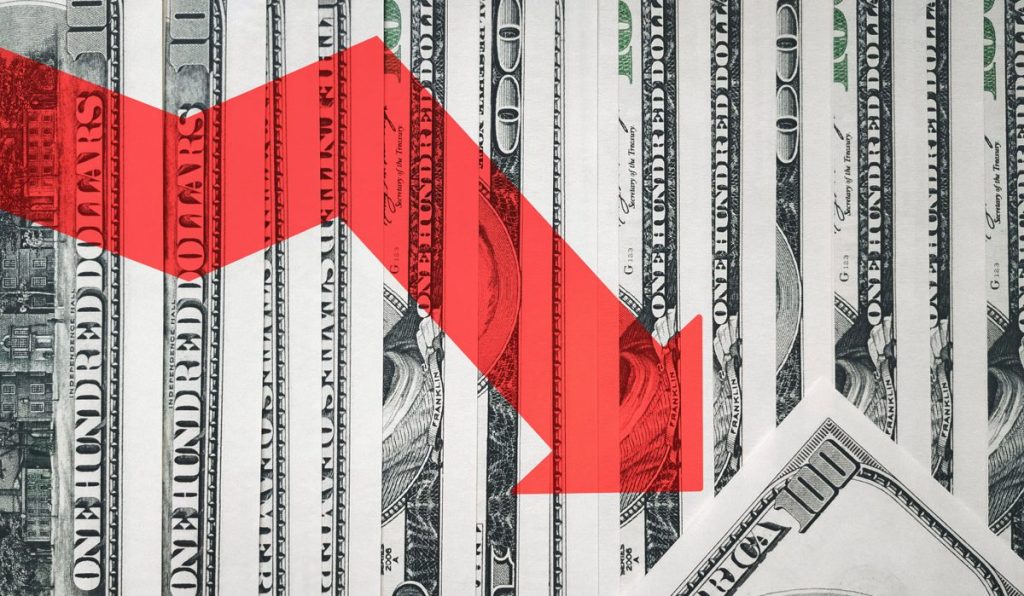Federal student loan payments resuming on Oct. 1 will negatively affect consumer loan asset quality, including credit card, auto and, to a lesser extent, residential mortgages. However, the overall effect will be modest, according to a Moody’s Analytics report.
On Oct. 1, repayments are due to restart on Department of Education (DOE) federal student loans (Direct Student Loans), which began accruing interest again on Sept. 1.
In total, 24 million borrowers whose payments were suspended since the onset of the COVID-19 pandemic will owe an average of $275 per month when federal student loan payments resume, per Moody’s Analytics estimates.
“As the interest burden on student debt increases, we expect the additional financial obligation will modestly strain borrowers’ ability to pay,” Moody’s analysts said in a report.
According to the analysts, job market conditions remain the primary driver of consumer loan performance. In August, the unemployment rate was 3.8%, compared to 3.5% in July. Although it’s a low rate by historical standards, unemployment is at its highest level since February 2022.
“Although student loans are non-dischargeable in bankruptcy, their priority in a consumer’s debt repayment hierarchy is low relative to the other major consumer debt classes,” Moody’s analysts said.
They added: “Borrowers are much more likely to prioritize servicing mortgage or auto loans and even credit cards since they stand to lose their house or car or access to credit or credit card rewards if they fall behind on such consumer loans.”
The report included data showing that delinquencies in major consumer debt classes are rising but are still at low levels.
For mortgage debt, the share of performing loans that were 30 or more days delinquent went from less than 2% in Q3 2021 to about 2.5% in Q2 2023. Credit card delinquencies jumped from 4% to about 7% in the same period. Meanwhile, auto loans rose from about 5% to 7%.







